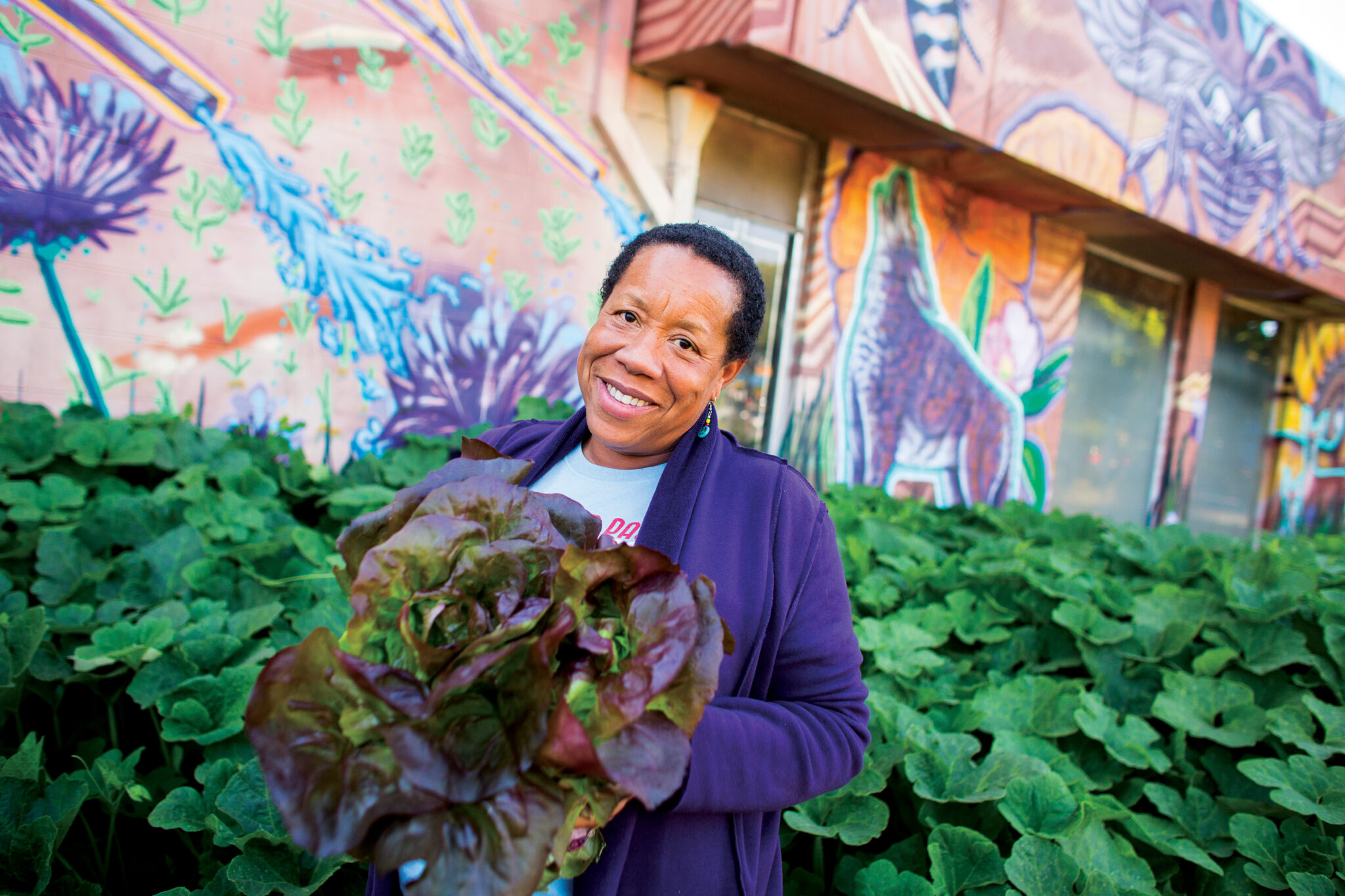Policy Brief
Urban Farms: Bringing Innovations in Agriculture and Food Security to the City
Agriculture has the potential to change the face of hunger, community, and sustainability in urban areas.

Urban agriculture has the potential to change the face of hunger, community, and sustainability in urban areas by enabling cities to gain social and ecological benefits from vacant urban lands. Research from California provides important lessons for the nation.
One in seven California residents is currently classified as food insecure, meaning they lack consistent access to sufficient, quality food on a daily basis.This equates to more than 5.4 million people, including 2.1 million children. A history of inequity in infrastructure investment, access to financial resources, and social support programs, alongside divisions between sociocultural and socioeconomic groups, have left residents of some urban areas with a lack of access to healthy food. Local zoning rules from earlier periods of California history have intensified barriers to land access and worsened community disinvestment in low-income neighborhoods. At the same time, small, vacant lots and parcels otherwise ill-suited to traditional urban development are scattered throughout the Bay Area, and they could be used for food production.
Some farms and gardens are well established, but many still struggle to gain and retain access to the land, water, labor, and information they need to be optimally productive. This brief provides justification for policymakers to adopt strategic policy changes to achieve urban farming goals in disadvantaged communities.
Policy Recommendations include:
- Encourage use of vacant land for urban agriculture
- Make zoning information more accessible
- Help farms better connect with those in need
- Support urban agroecology research
- Fund soil testing